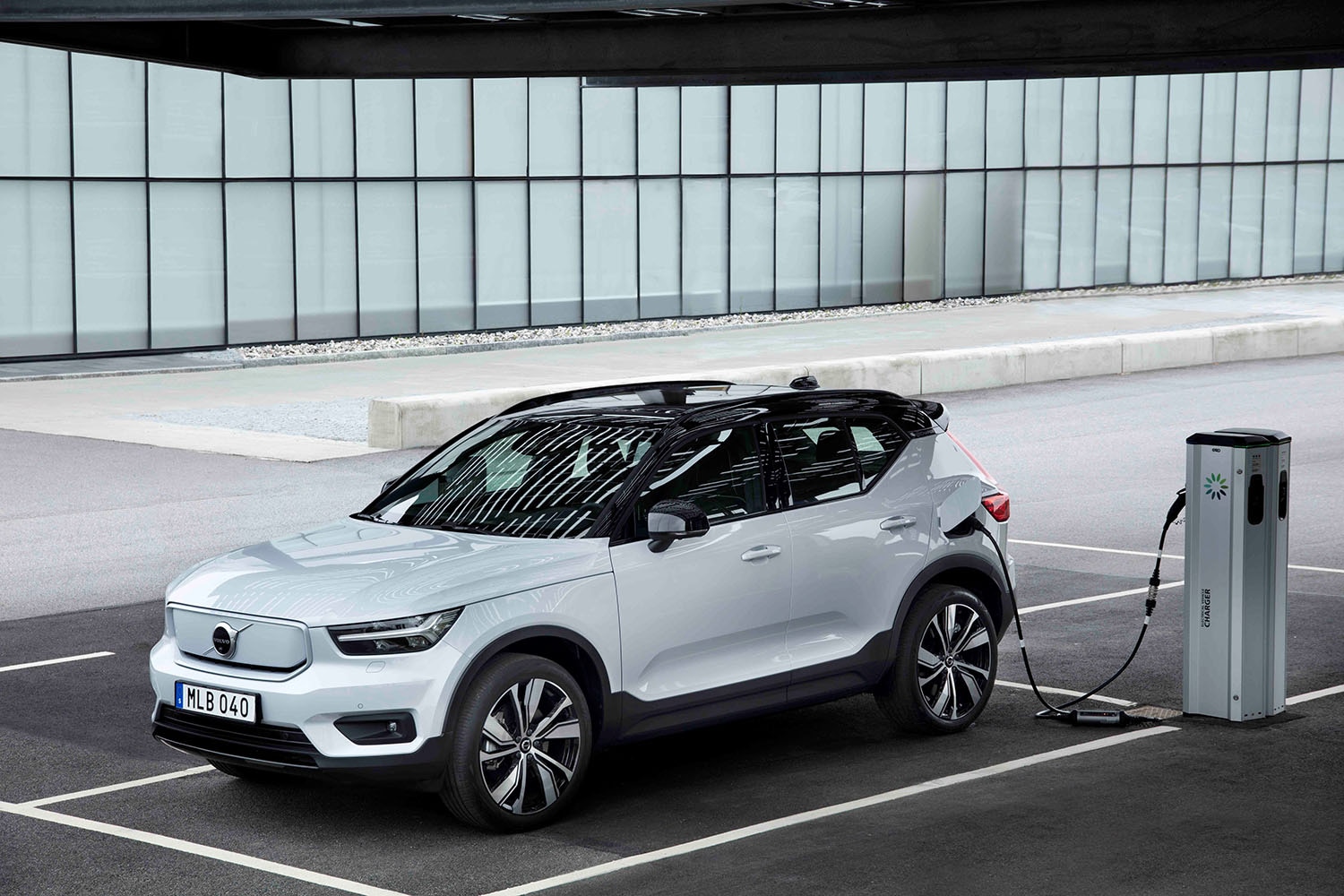Renting an EV: What You Need to Know
Rental-car companies are rolling out electric vehicles, adding a few wrinkles to the usual rental arrangement.
 Volvo
Volvo
Many rental-car companies in the U.S. offer electric vehicles — not only to attract EV-driving customers, but also to introduce more of the public to plug-ins. Is renting an EV right for you? Here's what you need to know.
Renting an EV Is Like a Vacation Rental on Wheels
Car-sharing company Turo has offered rental EVs for years. And at the time of this article's writing, there were as many as 200 electric cars for rent on the site in Tesla-friendly areas such as Los Angeles and the San Francisco Bay area. Most are Teslas, but you may also see a handful of other models, such as the Genesis GV60 and Mercedes-Benz EQS sedan.
But Turo isn't a typical rental-car company. It's a peer-to-peer rental service where owners/hosts can list their cars for others to use for a given time, much like a vacation-home rental.
There are pros and cons to that model; prices for similar vehicles can vary widely, for one thing. As with an AirBnB or Vrbo home rental, owners can set various parameters, such as what the vehicle can be used for, how fast you can drive, and what the charge level must be when the vehicle is returned. Hosts can also impose potentially steep service charges for any lapses.
Renting an EV via the Traditional Route
If that's unappealing, rental-car companies such as Hertz and Sixt now offer EVs. Hertz, for example, has added EVs such as the Tesla Model 3 to various airport fleets around the country, and is slated to include the Polestar 2 in 2024.
Sixt, a company that rents out traditional gas-powered vehicles from marques including Cadillac and BMW, also offers the Volvo XC40 Recharge, Teslas, and other EVs. While availability varies greatly across the country, you may be able to find these electric options in major cities and at larger airports.
EVs generally rent very much like any other car. Customers reserve a vehicle online and sign an agreement that might include mileage limits and require a set level of insurance coverage. Because they're just coming into fleets, rental EVs are usually newer models, unlike those at Turo, which could be relatively new or several years old.
In terms of charging, Hertz says it will "endeavor to provide the EV at time of vehicle pick-up with a battery charge of 80%." Although you're only required to return the vehicle with a 10% charge, you'll be responsible for a tow if the car won't move because it has insufficient power.
You're also responsible for charging-station costs, just as you'd be responsible for gasoline costs. If you use a Tesla Supercharger with a rented Model 3, Hertz will simply add the fees to your bill.
Privacy Considerations When Renting an EV
It's worth noting that many EVs are equipped with dash cameras and/or vehicle-tracking systems, the data from which could be accessed by the rental company. Hertz, for example, reminds customers to erase dashcam footage on its vehicles before returning them.
But while EVs have some requirements that are different from conventional rental cars, the agreements are broadly similar, so the biggest consideration before you sign may just be ensuring you know how you're going to charge your temporary EV.
Finally, there's a valuable side benefit to an EV loaner: Renting is a fairly straightforward way to try out various electric vehicles to see if one might fit into your life.
Written by humans.
Edited by humans.
 Zac Estrada
Zac EstradaZac Estrada is a Southern California-based reporter who has covered transportation, technology, and policy for a wide range of online and print publications.
Related articles
View more related articles